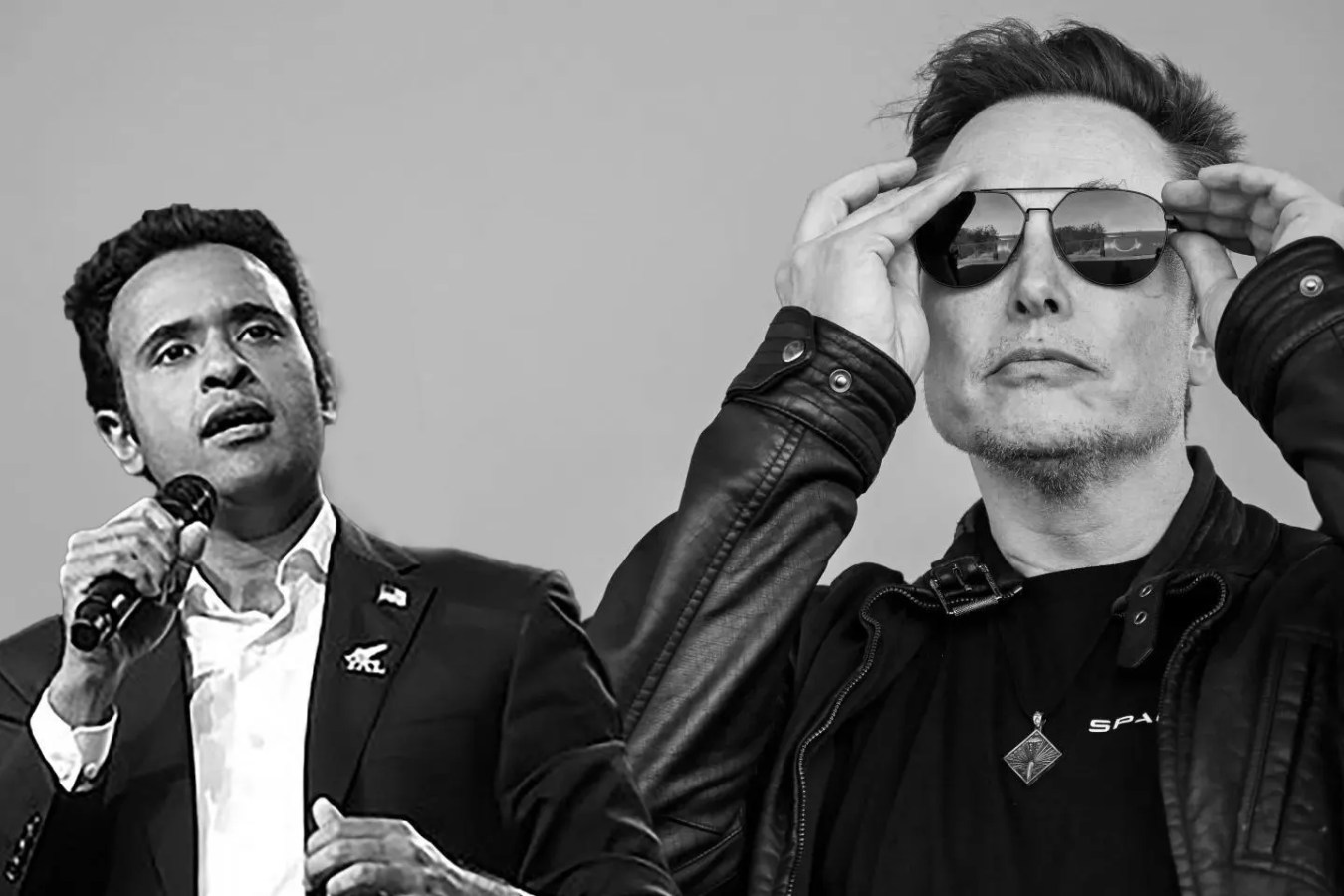Elon Musk asked a federal court to stop ChatGPT parent company OpenAI from allegedly prohibiting its investors from supporting competitors, like Musk’s xAI—marking an escalation of the wealthiest person on Earth’s feud with his one-time business partner, OpenAI’s Sam Altman.

Key Facts
- Musk’s lawyer, Marc Toberoff, filed a motion for a preliminary injunction in federal court on Friday that essentially seeks to block OpenAI from following through on a reported plan to transition from a non-profit to a for-profit business.
- The motion claims OpenAI and its partner Microsoft have sought to monopolize the industry by “cutting off competitors’ access to investment capital (a group boycott)” and sharing “wrongfully obtained competitively sensitive information or coordination via the Microsoft-OpenAI board interlocks.”
- Musk—initially OpenAI’s co-chair when it launched in December 2015 as a non-profit company—filed his initial suit against OpenAI in California state court in early 2024, alleging Altman and its executives “breached the founding agreement” when they launched a for-profit subsidiary of the company with funding from Microsoft, causing it “to radically depart from its original mission.”
- The billionaire withdrew the state court suit, but later sued Altman, OpenAI and others in federal court for similar reasons, claiming, “Musk and the non-profit’s namesake objective were betrayed by Altman and his accomplices.”
- The suit, which accuses OpenAI and its partners of violating federal racketeering laws, also claims the company initially vowed to share its technology with the public to benefit humanity, but has since decided to keep it under wraps.
- Microsoft declined to comment to CNBC on the preliminary injunction and a spokesperson for OpenAI said in a statement to the outlet the motion “recycles the same baseless complaints” and “continues to be utterly without merit.”
Contra
Altman and other OpenAI executives argue Musk was initially in favor of turning the company into a for-profit entity, they wrote in a blog post in response to the initial lawsuit, alleging Musk wanted to merge OpenAI with Tesla when he left the board in 2018. They also included emails between company executives and Musk, including one in which Musk agrees with a message stating, “it’s totally OK to not share the science” behind their AI model to prevent it from being used by bad actors.
Key Background
Altman, who rose to prominence in Silicon Valley running the startup accelerator YCombinator, was a protégé-of-sorts to Musk before the relationship devolved into an AI rivalry. Acknowledging Musk’s influence in a 2019 blog post, Altman described Musk’s “certainty . . . when he talked about sending large rockets to Mars” during a tour Musk gave Altman of his SpaceX rocket facility as a defining moment for him, writing that he was left thinking “that’s the benchmark for what conviction looks like,” according to The Guardian. The tech moguls’ feud surrounding OpenAI—best-known for its ChatGPT generative chatbot—spilled out into the open after Musk left the company in 2018, with Musk taking frequent jabs at Altman on social media. Musk debuted xAI in July 2023, a competing AI company whose Grok chatbot is integrated with Musk’s social platform X. Musk has attacked OpenAI for its multibillion-dollar partnership with Microsoft, while OpenAI has argued Musk “started a competitor, and then sued us when we started making meaningful progress towards OpenAI’s mission without him.”
Forbes Valuation
We estimate Musk’s net worth at $330.1 billion, making him the world’s richest person.
This article was originally published on forbes.com and all figures are in USD.


